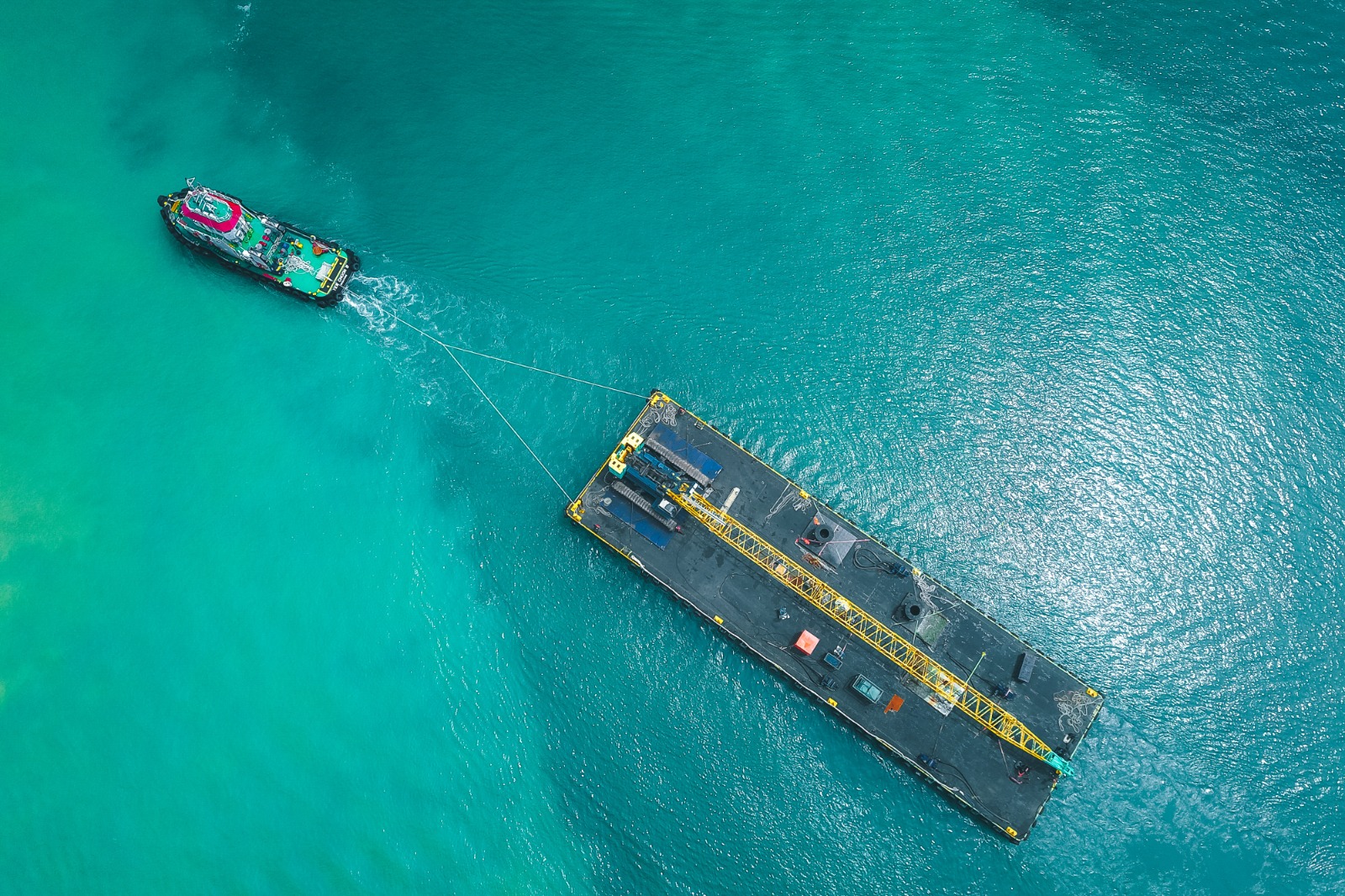
The Future of Freight: Drones, Autonomous Vehicles, and Smart Ports
The freight industry, a linchpin of global commerce, is on the cusp of a technological revolution. From the skies to the roads and the seas, innovations are reshaping how goods are transported. This article explores the future of freight, spotlighting drones, autonomous vehicles, and smart ports.
Drones: The Sky's the Limit: Drones, once a novelty, are now becoming a logistical asset. Here's how:
1. Last-Mile Deliveries: Drones are perfect for delivering packages directly to consumers, especially in hard-to-reach areas.
2. Speed and Efficiency: Without the constraints of traffic and road conditions, drones can ensure faster deliveries.
3. Environmental Benefits: Electric drones reduce the carbon footprint compared to traditional delivery vehicles.
Autonomous Vehicles: The Road Ahead: Self-driving technology is not just for passenger cars; it's set to revolutionize road freight.
1. Safety: Autonomous trucks can operate without fatigue, reducing the risk of accidents.
2. Efficiency: With optimal route planning and fuel usage, autonomous vehicles promise cost savings.
3. Round-the-Clock Operations: Without the need for rest breaks, freight operations can continue 24/7.
Smart Ports: Navigating the Future: The maritime industry is embracing technology to create smart ports.
1. Automation: From cranes to carriers, automation ensures faster loading and unloading of cargo.
2. Data Analytics: Real-time data helps in optimizing port operations, reducing waiting times, and enhancing efficiency.
3. Sustainability: Smart ports are adopting green technologies, from renewable energy sources to emission-reducing solutions.
Challenges and Solutions: While the future looks promising, there are challenges to address:
1. Regulations: Drones and autonomous vehicles operate in regulatory gray areas in many regions.
2. Infrastructure: Smart ports require significant infrastructure upgrades.
3. Security Concerns: With increased digitization comes the challenge of cybersecurity.
Conclusion: The freight industry is undergoing a transformation, driven by technology and innovation. Drones, autonomous vehicles, and smart ports are not just trends; they are the future. As the industry navigates these changes, the promise is clear: faster, safer, and more efficient freight operations that meet the demands of the modern world.


